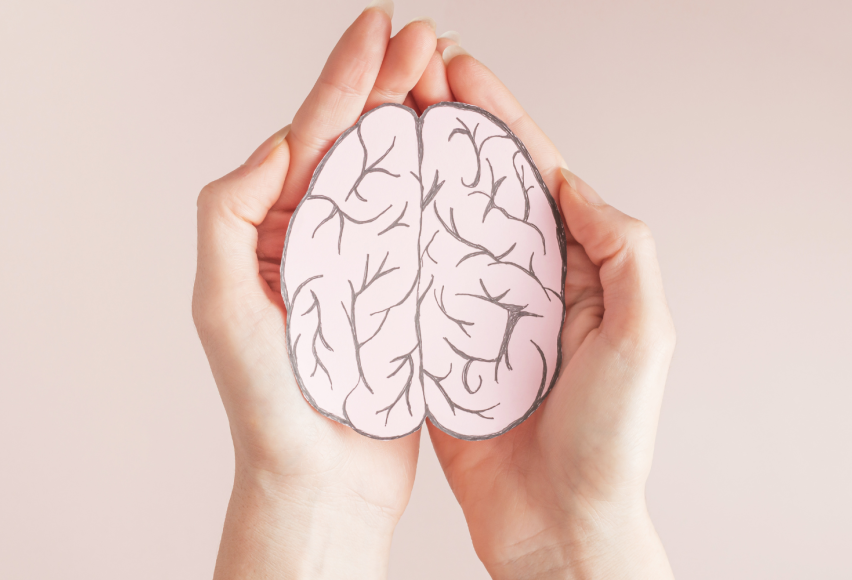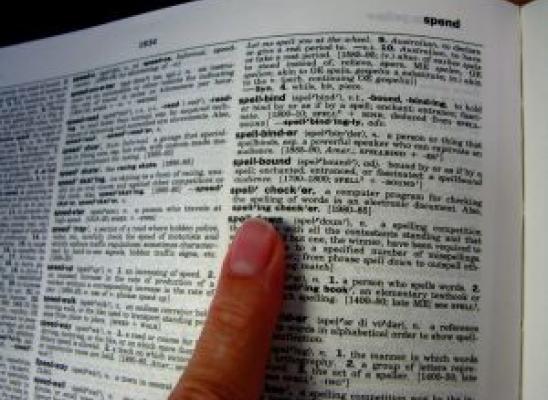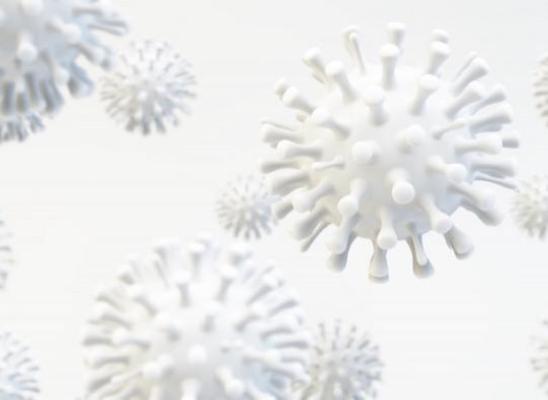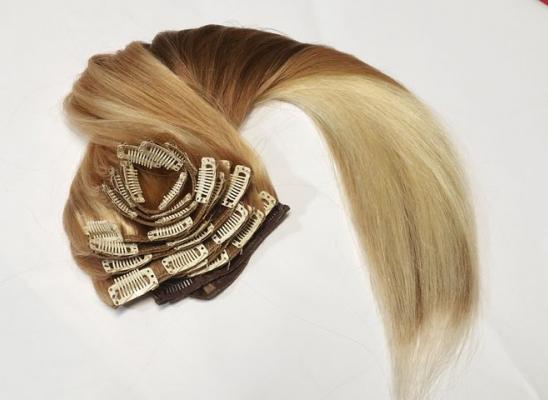The Intricate Relationship Between Personality Traits and Trichotillomania

Online test
Find out the severity of your symptoms with this free online test
Trichotillomania, commonly referred to as trich or hair pulling, is a body-focused repetitive behavior (BFRB) characterized by compulsive hair pulling leading to noticeable hair loss, significant emotional distress, and impaired psychosocial functioning. Just what causes trich and why some people develop it, and others don’t isn’t entirely clear.
Personality traits provide an intriguing lens through which to understand the complexity of trich and other mental health disorders. While a distinct personality profile for someone with trich hasn’t been identified, different personality traits seem to have a significant role in hair-pulling behaviors and how a person may cope.
Neuroticism
Neuroticism is one of the most significant personality traits associated with trichotillomania as well as a number of other mental disorders. Characterized by emotional instability, anxiety, and a tendency toward negative emotions, high levels of neuroticism can make individuals more susceptible to stress and emotional dysregulation. Whether the tendency to experience negative affect leads to hair pulling or the hair pulling drives neuroticism is not clear.
Based on scientific and anecdotal evidence, it is thought that hair pulling may serve as a maladaptive coping mechanism to manage overwhelming emotions, providing temporary relief from anxiety or distress. The reinforcing cycle of hair pulling, and momentary emotional respite can be particularly challenging to break.
Extraversion
Extraversion, a personality trait marked by sociability, assertiveness, and high levels of emotional expressiveness, might seem unrelated to a disorder often characterized by solitary behaviors. Introversion, a relative lack of extraversion, has been associated with worse mood, higher stress, and increased hair pulling and skin picking. It’s thought that higher levels of extraversion may have a protective effect and influence more positive mood and decreased stress.
However, extroversion may have other impacts for those living with a BFRB. Higher levels of extroversion are generally associated with a tendency to spend more time with others and engaged in social activities. For some, the stress of social interactions or the pressure to conform to social norms can be overwhelming, potentially leading to hair-pulling as a coping mechanism. They may experience greater distress when their appearance is affected or fear being judged or rejected, which can perpetuate a cycle of pulling and subsequent social anxiety and isolation.
Conscientiousness and Coping
Conscientiousness, characterized by high levels of thoughtfulness, good impulse control, and goal-directed behaviors, presents a double-edged sword in the context of trichotillomania. On one hand, individuals high in conscientiousness may develop structured routines and effective coping strategies that mitigate hair pulling behaviors.
On the other hand, an excessive focus on perfectionism—a common trait among highly conscientious individuals—can exacerbate the condition. Perfectionists may become fixated on perceived imperfections in their hair, leading to compulsive pulling as an attempt to rectify these flaws.
In fact, a lack of conscientiousness has been significantly associated with more depressive symptoms, more impulsivity, and higher perceived stress in both trichotillomania. It is thought that there may actually be a subtype of hair pulling that is marked by increased impulsivity. Individuals who struggle with impulsivity may find it difficult to resist the urge to pull their hair, especially in stressful or monotonous situations. The immediate tactile feedback and sense of relief reinforce the behavior, making it increasingly habitual.
Cognitive behavioral therapy, the gold standard for treating hair pulling and other BFRBs, may be helpful in increasing conscientiousness.
Openness to Experience
Openness to experience is a personality trait associated with imagination, creativity, flexibility and a willingness to experience different things. Openness is related to diversity and using appropriate coping strategies to regulate stressors. Lower levels of openness have been associated with more emotional distress and poor self-evaluation in people with trich.
Individuals high in openness may use hair pulling as a form of sensory exploration or as a creative outlet for dealing with emotional distress or even boredom. Their heightened sensitivity to their internal experiences might make them more aware of their urges but not necessarily better equipped to manage them.
Agreeableness
Agreeableness encompasses lower-level traits like altruism, kindness, and a cooperative nature. Individuals high in agreeableness may internalize their distress to avoid conflict or to maintain harmony in relationships. The desire to please others and meet external expectations can increase stress levels, inadvertently triggering hair pulling episodes.
Interestingly, at least one study found that people with trich actually had lower levels of agreeableness and they were more likely to be “disagreeable, antagonist or egocentric.” They seemed more skeptical of others’ intentions and more competitive than cooperative.
The Takeaway
Peering through the lens of personality, it’s clear that a person’s unique personality traits can play a role in how a disorder like trich is experienced. It’s also clear that personality and its effects are not the same for every person.
Understanding one’s personality traits and tendencies can help support treatment approaches that are targeted and individualized to meet the person’s unique needs, preferences, and ways of navigating their world. The more we can learn about personality, the more effective individualized treatment can become.
References
1. Grant, J. E., & Chamberlain, S. R. (2021). Personality traits and their clinical associations in trichotillomania and skin picking disorder. BMC Psychiatry, 21(1). https://pubmed.ncbi.nlm.nih.gov/33882867/
2. Lahey B. B. (2009). Public health significance of neuroticism. The American psychologist, 64(4), 241–256. https://www.ncbi.nlm.nih.gov/pmc/articles/PMC2792076/
3. Wetterneck, C., Singh, R. S., & Woods, D. W. (2020). Hair pulling antecedents in trichotillomania: Their relationship with experiential avoidance. Bulletin of the Menninger Clinic, 84(1), 35–52. https://guilfordjournals.com/doi/10.1521/bumc_2020_84_01
4. Anderson, S. (2021). The Problem with Picking: Permittance, Escape and Shame in Problematic Skin Picking (Doctoral dissertation, University of the West of England). (2021). Retrieved from https://uwe-repository.worktribe.com/preview/8675330/The%20Problem%20with%20Picking%20-%20Full%20thesis_%20with%20Appendix%206%20redacted.pdf
5. Noble, Christina & Gnilka, Philip & Ashby, Jeffrey & McLaulin, Sarah. (2017). Perfectionism, Shame, and Trichotillomania Symptoms in Clinical and Nonclinical Samples. Journal of Mental Health Counseling. 39. 335-350. https://www.researchgate.net/publication/320312863_Perfectionism_Shame_and_Trichotillomania_Symptoms_in_Clinical_and_Nonclinical_Samples
6. Grant, J. E., Peris, T. S., Ricketts, E. J., Lochner, C., Stein, D. J., Stochl, J., Chamberlain, S. R., Scharf, J. M., Dougherty, D. D., Woods, D. W., Piacentini, J., & Keuthen, N. J. (2021). Identifying subtypes of trichotillomania (hair pulling disorder) and excoriation (skin picking) disorder using mixture modeling in a multicenter sample. Journal of psychiatric research, 137, 603–612. https://pubmed.ncbi.nlm.nih.gov/33172654/
7. Azizi, S., Garoosi Farshi, M. T., Poursharifi, H., & Farazmand, S. (2017). Effects of personality traits and perfectionism in predicting core self-evaluations of women with trichotillomania and healthy women. Practice in Clinical Psychology, 5(2), 123-132. https://jpcp.uswr.ac.ir/browse.php?a_id=407&sid=1&slc_lang=en&html=1
8. Hagh-Shenas, H. & Moradi, Ali-Reza & Dehbozorgi, G. & Farashbandi, B. & Alishahian, F. (2004). Trichotillomania-Associated Personality Characteristics. Iranian Journal of Medical Sciences. 29. 105-108. https://www.researchgate.net/publication/288976346_Trichotillomania-Associated_Personality_Characteristics
Online test
Find out the severity of your symptoms with this free online test
Start your journey with TrichStop
Take control of your life and find freedom from hair pulling through professional therapy and evidence-based behavioral techniques.
Start Now



